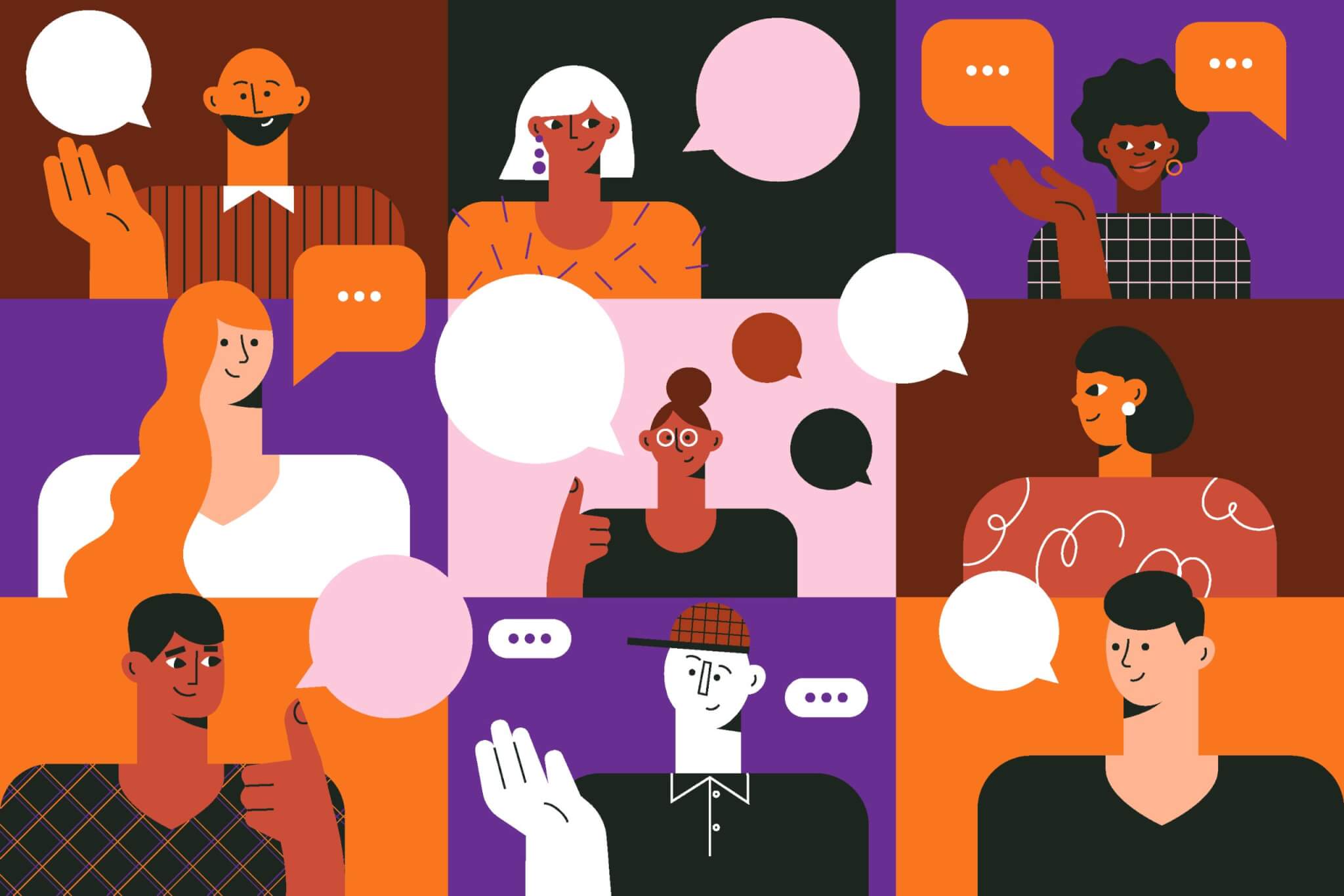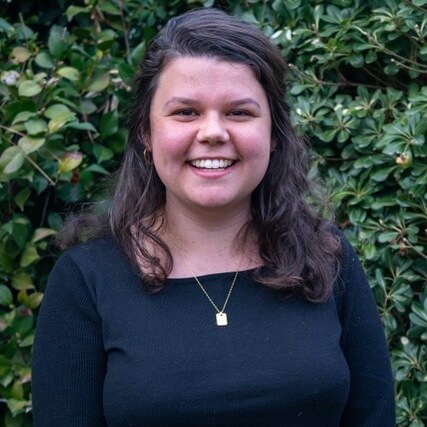Centering Youth in Mental Health: Youth Expertise and Innovation at International Association of Youth Mental Health
Youth must have an active voice in transforming mental health, a fact underscored at the recent International Association of Youth Mental Health Conference (IAYMH) in Vancouver, where 30% of attendees were young people themselves. The IAYMH is a global organization that brings together key stakeholders to drive innovation in youth mental health systems. I attended this year’s 7th international conference, where the theme was Turning the Tide: Creating a Global Blueprint for Prevention and Integrated Care in Youth Mental Health.
The first plenary, featuring Seren Friskie and Dr. Nancy Young, grounded the conference in the importance of collaboration and inclusivity. They showcased that a transformed mental health system requires centering Indigenous peoples and knowledge systems.
Each of their talks emphasized how Two-Spirit and Indigenous women leaders have called attention to the importance of care in mental health systems, insisted on authentic relationships for collaboration, and incorporated ceremony and cultural reconnection to promote youth wellbeing.
Indigenous values of relationship-building, storytelling, and valuing youth as equal members in community not only improve Indigenous youth mental health but are critical to improve the mental health system for all youth.
The conference showcased a wide range of presentations on topics such as youth peer support, youth engagement in participatory mental health research, creative and arts-based approaches to mental health, school-based mental health supports, integrated youth services, progressive youth mental health policy, the impact of misinformation on social media, and inspiring examples of global youth mental health advocacy.
The work from Homebase, the network of integrated youth services hubs in Saskatchewan, stood out for their emphasis on relationship building with youth to meaningfully include youth in organization decision-making.
Macro Zenone and May van Schalkwy’s plenary on disinformation and misinformation underscored the prevalence of incorrect mental health information available to young people and the importance of research exploring the impacts of social media on youth mental health.
Presentations from Orygen and others across the conference highlighted the importance of meaningful support for youth peer researchers to actively promote their engagement in innovated youth-led research, rather than passively including them to support adult-driven projects.
YouthREX had a strong presence at the conference, sharing insights through two presentations. The first was a YouthREX-led presentation on evaluation for youth wellbeing, highlighting how youth can lead and support evaluation of grassroots mental health programs. The second was a poster collaboration with Family Navigation Project, showcasing promising evaluation results from a youth engagement training series.
I also had the opportunity to present my thesis research, which closely aligns with YouthREX’s focus on meaningful youth engagement – emphasizing that youth advisory work in the sector must create real opportunities for young people to drive impact in mental health.
The IAYMH 2025 Conference made clear that turning the tide in youth mental health means more inclusivity of Indigenous knowledge systems, stronger collaboration between communities and mental health systems, and recognition that to improve youth mental health, youth must be actively engaged, resourced, and centered.
IAYMH 2025 demonstrated that youth are already leading advocacy efforts, designing their own interventions, actively supporting their peers, informing anti-oppressive mental health programs, and furthering progressive mental health policy.
Youth are not just the future of mental health – they are its present. For true transformation to happen, youth must be recognized as experts in their mental health experiences, with their leadership driving the change.


